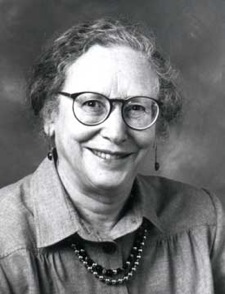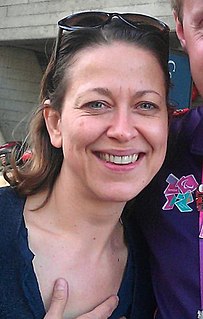A Quote by Hanna Rosin
As we get used to women in power, we are likely to discover that they behave much like powerful men - vain, entitled, always looking for more.
Related Quotes
I have always felt that perhaps women have sometimes almost embraced the same values as men, and the same character as men, because they are in the men's world, and they are trying to fit into a system that men have created. And maybe in truth when there is a critical mass of women who play that role in governments, then we will see whether women can really manage power in a way that is less destructive than the way that men have used power.
If women had power, what would men be but women who can't bear children? And what would women be but men who can?" "Hah!" went Tenar; and presently, with some cunning, she said, "Haven't there been queens? Weren't they women of power?" "A queen's only a she-king," said Ged. She snorted. "I mean, men give her power. They let her use their power. But it isn't hers, is it? It isn't because she's a woman that she's powerful, but despite it.
Disconnected from my feminine soul, I had also unknowingly forfeited my power to name sacred reality. I had simply accepted what men had named. Neither had I noticed that when women give this power away, it is rarely used to liberate and restore value to women. More often it is used to shore up and enhance the privileged position of men.
Increasingly, men are realizing exactly that - that having an educated, economically independent partner reduces the pressure on them to be the sole provider. Many men are also beginning to understand that participating in housework and childcare can be rewarding. Women with higher education and/or earnings are so much less likely than other women to divorce, that by age 40, they are more likely to be married than any other group of women.
Women have always been more critical of marriage than men. The great mysterious irony of it is - at least it's the stereotype - that women want to get married and men are trying to avoid it. Marriage doesn't benefit women as much as men, and it never has. And women, once they are married, become very critical of marriages in a way that men don't.
Here's the pay paradox that Why Men Earn More explains: Men earn more money, therefore men have more power; and men earn more money, therefore men have less power (earning more money as an obligation, not an option). The opposite is true for women: Women earn less money, therefore women have less power; and women earn less money, therefore women have more power (the option to raise children, or to not take a hazardous job).

































